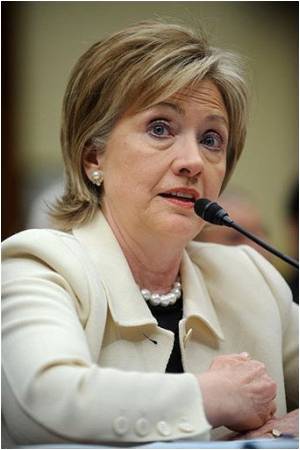
Billed as the first business-driven group to tackle slavery, the club, which was launched in July, wants to tap top brains in the business world -- with their expertise, skills and contacts -- to help save trafficking victims.
"I remember a trip to China four years ago where I saw many 'professional' beggars -- they were just six, seven-years-old," Law told AFP, from his office in a science and technology park on the city's outskirts.
"I thought to myself they must have been sold into this. Since then I have been thinking how we can help them," said the chief executive of 'MotherApp', which rolls out the latest mobile applications for firms across the globe
Around 26 million people live in slavery globally, with more than nine million of them in Asia, according to United Nations estimates, in a lucrative global trade with profits worth over $30 billion.
Many of the victims are brought from impoverished countries and sold by human traffickers to factories, sweat shops or fishing vessels, while women are forced into the sex trade and children are used as child labour.
Advertisement
"The philosophy behind the Mekong Club is we want to change the game. We want to use this brain power in the private sector to tackle human slavery.
Advertisement
Unlike the official agencies battling slavery, these suit-clad professionals plan to wage their war from Hong Kong's glitzy skyscrapers.
Among the club members, lawyers will use their expertise to tackle slavery court cases, telecom experts will set up cross-border hotlines for victims and bankers will trace traffickers' illicit proceeds.
"I believe there are many ways to help these victims of human slavery. I hope we can play our part," said Law, whose firm has agreed to develop a new mobile application to help victims.
The application, which is being tested, will come in different languages and contains a set of simple questions which aim to break down communication barriers when trafficking victims are rescued by enforcement officers.
UNIAP has long been working with groups like the UN Office on Drugs and Crime and the International Labour Organization on human trafficking in six Mekong countries -- China, Thailand, Vietnam, Laos, Myanmar and Cambodia
While these groups have been drawing attention to the problem for decades, tapping the business community is a new take on an old problem.
"We are going to ask business to do what they do best every day rather than to change what they do," said Jude Mannion, co-founder of the club and head of a consultancy firm on corporate social responsibility.
"If they are in the IT industry, they are asked what kind of IT system would connect all the countries that have human slavery that could be more powerful in reporting or tracking these cases.
"If it's a telco company, we could ask them to come out with one call line across Asia (to report human trafficking cases)," said Mannion.
UNIAP's Friedman said the response has been encouraging, with some members offering "extremely interesting" ideas about how to tackle the trade.
"Hong Kong has this incredibly glitzy, money, wealthy image but businesses are now given the opportunity on how do we use these skills to change the game for human slavery," said Mannion.
"I think Hong Kong businesses are ready to stand for something."
Source-AFP










